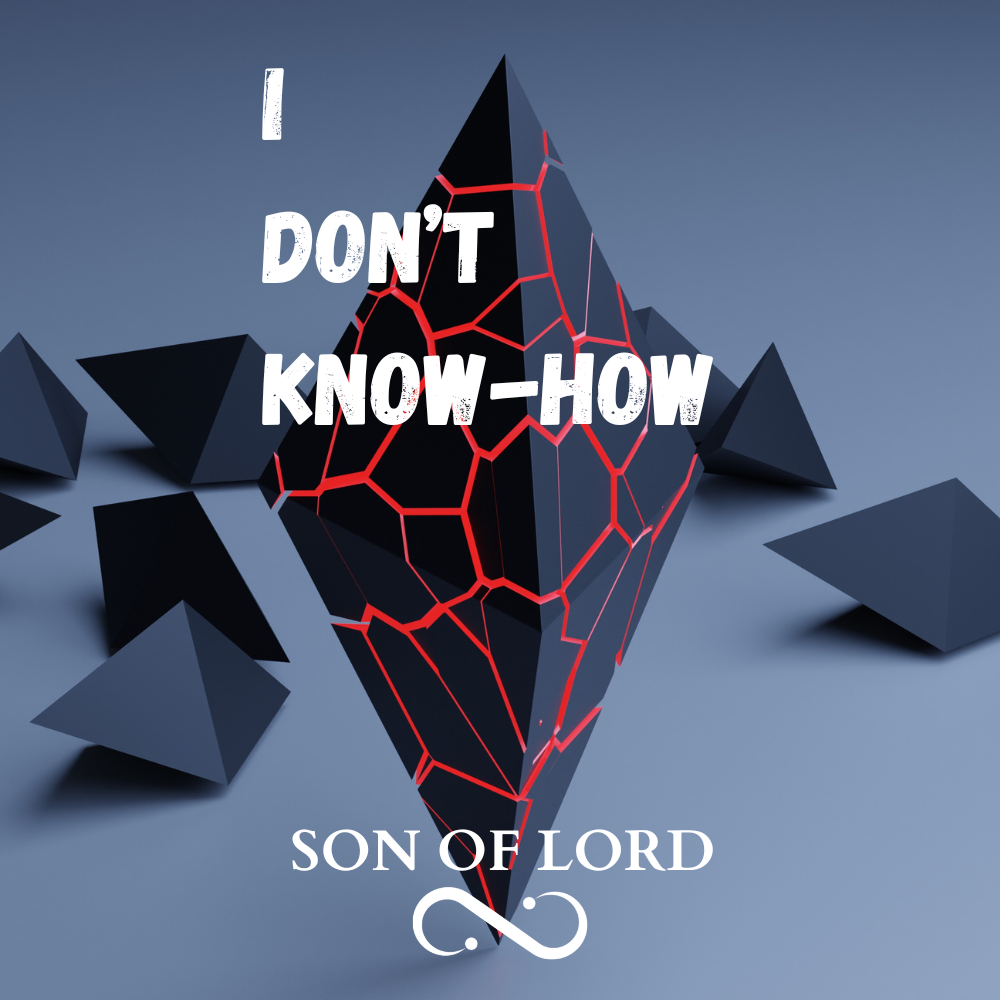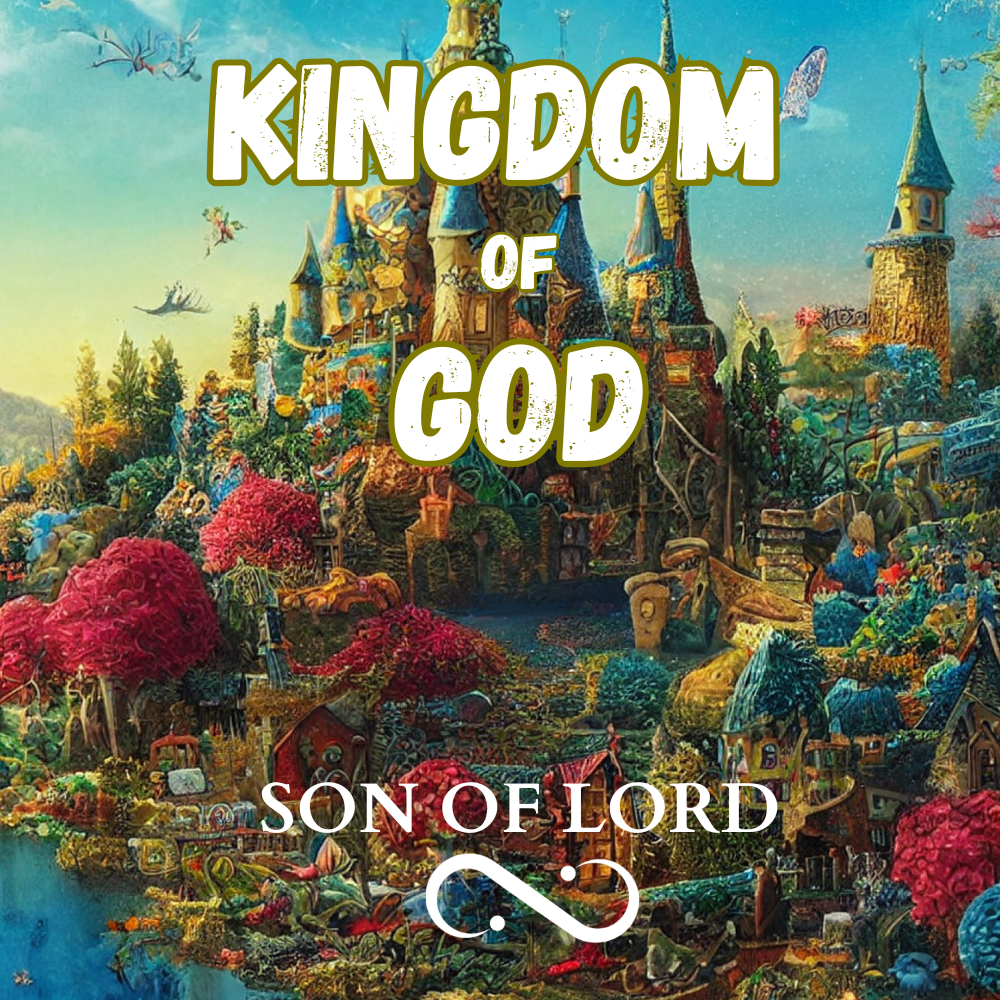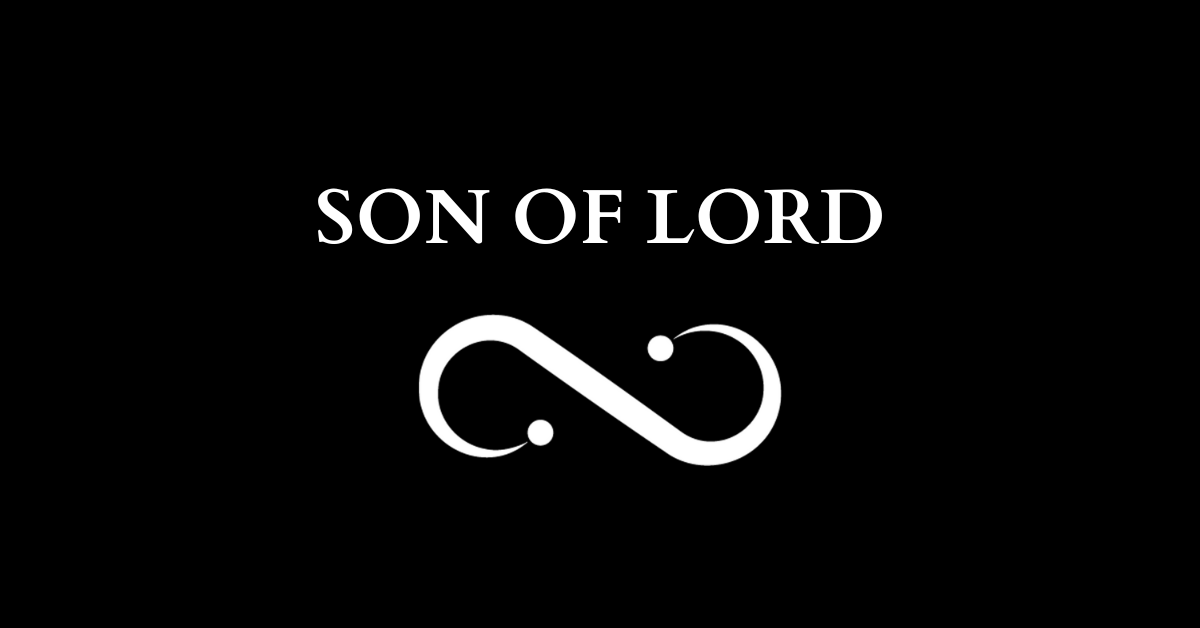Navigating the Unknown: Lessons from a Remarkable Book on Cybernetics, Memory, and Imagination
Son of Lord has published a valuable book called ‘I don’t know How‘, and it presents a compelling exploration of three core themes: cybernetics, memory, and imagination. Through a meticulously constructed narrative that unfolds across these three chapters, the book examines the intricate relationship between knowledge, desire, and the human capacity to envision and achieve one’s aspirations without necessarily possessing a predetermined roadmap. In this essay, we will dissect these three pivotal themes and illuminate how they collectively foster a profound understanding of human potential.
Chapter 1: Cybernetics – The Framework of Control and Feedback
The first chapter on cybernetics serves as a foundational pillar of the book’s discourse. Cybernetics, initially conceived as a study of control and communication in animals and machines, has evolved into a metaphor for understanding complex systems and their adaptive processes. The author’s exploration of this theme delves into the essential principles of feedback loops, self-regulation, and the emergent properties of systems.
In a world increasingly characterized by rapid technological advancements and intricate networks, understanding cybernetics equips individuals with the tools to navigate complexity. The book posits that by recognizing the feedback mechanisms within both personal and professional environments, one can attain a greater sense of agency. This awareness fosters a mindset geared towards resilience and adaptation, essential qualities in an age where change is the only constant.
However, the author poignantly reveals that the power of cybernetics lies not just in the acquisition of knowledge, but in the application of that knowledge in real-world scenarios. By enabling individuals to construct feedback loops that resonate with their goals, the text champions a proactive approach to life. The key takeaway from this chapter is that one does not need a complete understanding of a system to effectuate change within it. Instead, by leveraging the principles of cybernetics, individuals can navigate pathways towards success by relying on iterative learning and adaptive strategies.
Chapter 2: Memory – The Repository of Experience
Transitioning to the second chapter, the author delves into the realm of memory, framing it as a vital component of human experience and identity. Memory, often construed as a mere repository of past experiences, is presented in a nuanced light—one that emphasizes its dynamic and reconstructive nature. The relationship between memory and the present is complex; memories are not static records, but rather fluid entities subject to reinterpretation and manipulation.
Through engaging narratives and poignant anecdotes, the book illustrates how memory shapes our perceptions, influences our decision-making, and ultimately informs our aspirations. By harnessing the power of memory, individuals can revisit and recontextualize their past experiences, extracting lessons and insights that propel them towards their desired futures. The author argues that this process of memory reconstruction facilitates a deeper understanding of oneself, unveiling latent strengths and untapped potentials.
Furthermore, the book tackles the concept of selective memory, highlighting how the act of remembering entails an element of choice. In a world awash with information and experience, the ability to curate memories intentionally allows individuals to focus on narratives that empower rather than constrain. This chapter culminates in the notion that to achieve one’s goals, one must first recognize and draw upon the rich tapestry of their own lived experiences, ultimately wielding memory as a tool for empowerment.
Chapter 3: Imagination – The Conduit of Possibility
Finally, the third chapter elevates the discourse to a realm often reserved for creative geniuses: imagination. The author positions imagination as a powerful force that transcends the boundaries of reality, enabling individuals to conceive possibilities beyond the constraints of their current circumstances. In a society that frequently prioritizes logic and pragmatism, the book advocates for the re-embracement of imagination as a legitimate pathway to success.
This chapter explores the interplay between imagination and innovation, urging readers to embrace their creative capacities as essential instruments in the pursuit of their desires. The author articulates that innovation, whether in technology, art, or personal development, often emerges from the imaginative reconfiguration of existing ideas and principles. By daring to envision what has not yet been realized, individuals can pave new paths towards achievement and fulfillment.
Moreover, the author emphasizes that imagination is not simply an ephemeral concept, but a practical skill that can be honed and cultivated. Exercises and strategies are presented throughout the text to cultivate imaginative thinking, underscoring the importance of allowing oneself the freedom to dream without the constraints of immediate feasibility. In doing so, the chapter culminates in a powerful assertion: while the future is inherently uncertain, it is the imaginative spirit that can navigate this uncertainty, charting a course towards one’s goals.
Conclusion: The Synthesis of Cybernetics, Memory, and Imagination
In conclusion, the book by the son of lord unfolds a remarkable synthesis of three integral themes—cybernetics, memory, and imagination—that collectively impart invaluable lessons on achieving one’s desires without the necessity of a predetermined plan. By embracing the principles of feedback and adaptation, one can navigate the complexities of modern existence. Through the transformative power of memory, individuals can draw on their past to fuel their present ambitions. Finally, by tapping into the inexhaustible well of imagination, they can envision futures unbounded by their current realities.
Ultimately, the wisdom encapsulated within these chapters invites readers to engage profoundly with their own lives, to explore the intersections of knowledge, experience, and creativity. It serves as a reminder that while the journey towards realization may often appear daunting, it is the combination of understanding, reflection, and imagination that equips us to traverse the realms of the unknown. In doing so, we find not only the capacity to achieve our goals but also the opportunity to redefine the very essence of what we deem possible.
Shop at Amazon






